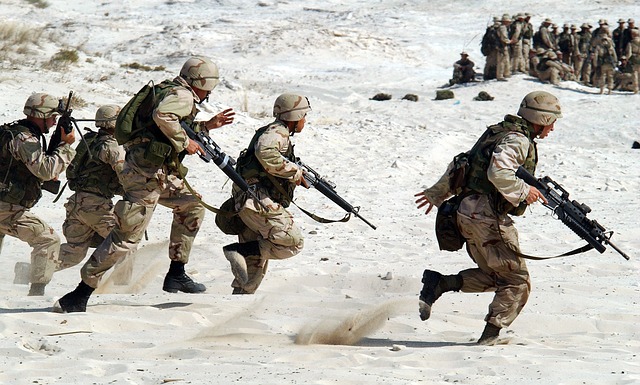The economy is one of the most important aspects of society. It is what provides people with the means to live and prosper. A strong economy is essential to the stability and security of a nation, just like your account on HellSpin Casino.
Wars have had a significant impact on the economy. Inflation is defined as an increase in the price of goods and services over time. The main drivers of inflation are increases in the cost of living, such as food and housing, and increases in the cost of doing business, such as wages and materials. In times of war, inflation can be caused by a number of factors. First, the demand for goods and services increases as people need to buy more supplies for the war effort. This increase in demand can cause prices to go up. Second, the government may print more money to fund the war effort, which can also lead to inflation. Finally, disruptions in supply chains can lead to shortages of goods, which can also cause prices to increase. Inflation can have a number of negative effects on the economy.
The economy can erode the purchasing power of people’s incomes, leading to a decline in living standards. Second, it can lead to higher interest rates, which can discourage investment and economic growth. Finally, it can create economic uncertainty and destabilize financial markets. Wars can also cause a decrease in productivity as resources are diverted to the military. This can lead to a decrease in GDP and a decrease in living standards.
Wars can have a positive impact on the economy as well. They can stimulate economic activity and create jobs. They can also lead to advances in technology and increases in productivity. The global economy has seen a number of positive changes due to war. The first is that war has led to an increase in trade. This is because countries that are at war need to buy supplies from other countries in order to sustain their war effort. This increased trade has led to a rise in the standard of living for people in many countries. Second, war has led to an increase in investment. This is because countries that are involved in a war need to invest in weapons and other military equipment. This investment has led to an increase in productivity and technological advancement. Third, war has led to an increase in the level of employment. This is because countries that are at war need to increase their workforce in order to maintain their war effort. This increased employment has led to a decrease in poverty and an improvement in the standard of living for many people. Fourth, war has led to an increase in the level of government spending. This is because countries that are at war need to spend more money on their military. This increased government spending has led to an increase in the size of the economy and a decrease in the amount of debt.



